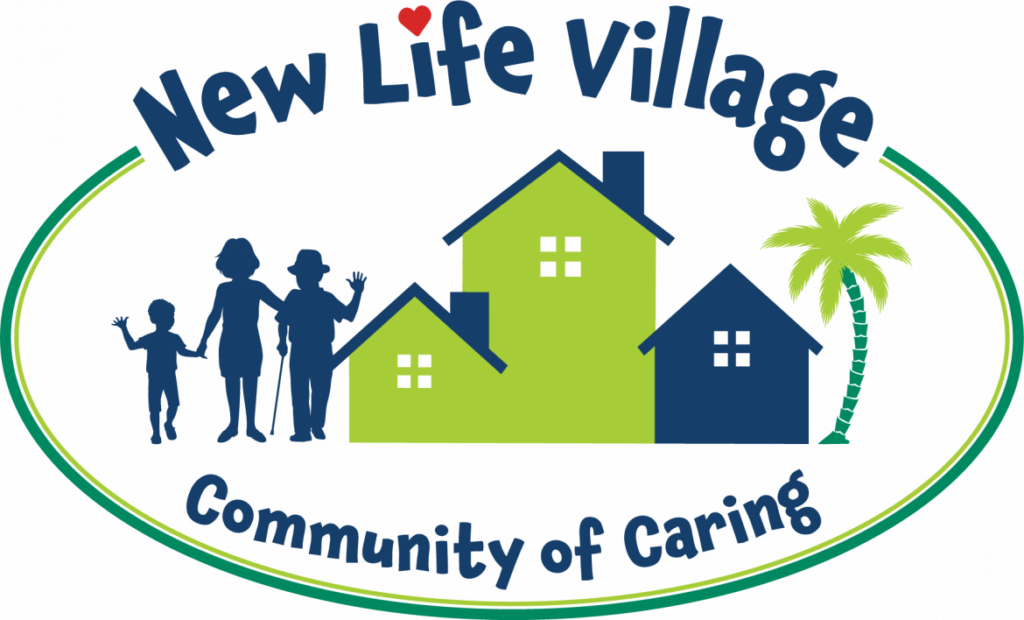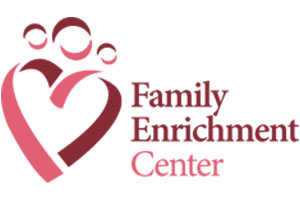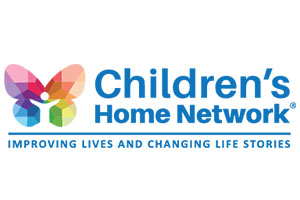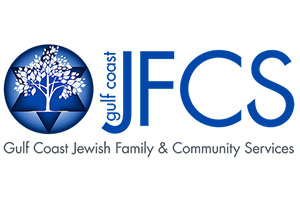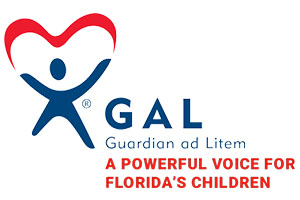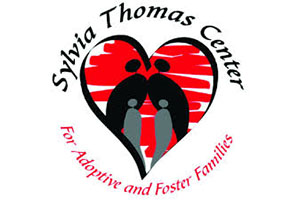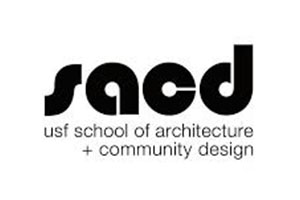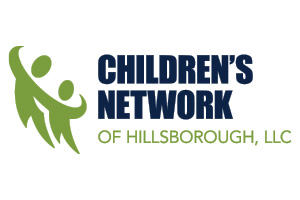By Michelle Bearden | Tribune Staff
Published: June 30, 2011
TAMPA – Sister Claire LeBoeuf needed a kidney. Without it, she would have to go on three-times-a-week dialysis, and her lifelong ministry as a children’s advocate would come to a sudden halt. The waiting list for a donated kidney was at least three years. LeBoeuf, 67, didn’t have that kind of time. So one night, she got on her computer and emailed a bold request to all the friends on her account: Would anyone out there be willing to donate a kidney? The response was overwhelming. Twenty people wrote back that they were willing to help. But only one would be the perfect match.
Sister Annie Dougherty, a recipient of Hillsborough County’s Moral Courage Award for her humanitarian work with people living with HIV/AIDS, was on that email list. And she said yes. The two nuns come from different Catholic religious orders and only knew each other casually. That all the stars would line up and they would be eligible for the transplant is nothing short of miraculous, they say. That’s how nuns think. But Angie Korsun, administrator of TGH’s transplant program, has a different take on the odds. With more than 20 years of experience in this field, she has participated in hundreds of living donor transplants. “For her to find a match like this?” she says. “It’s like winning the lottery.” Today, LeBoeuf and Dougherty, 59, are recuperating at Tampa General Hospital. They’re both in fair condition after Wednesday’s transplant surgery. * * * * * LeBoeuf was certain of two things from the time she was a young girl growing up in New Hampshire. She knew she wanted to serve God. She particularly loved the Sisters of the Holy Cross, whose members taught her all through school. She entered the religious order when she was just shy of 18. LeBoeuf also knew that polycystic kidney disease would eventually catch up with her. When she was 13, her 52-year-old mother died of it, and when she was in her 20s, LeBoeuf was diagnosed with the genetic disorder that causes multiple cysts on the kidneys. She took blood-pressure medicine and had her blood tested regularly, determined to not let the disease get the best of her. “If anything, it gave me great resolve and strength,” she says. After her own 52nd birthday, she felt every day was a gift.Losing her mother at such a vulnerable age had a life-changing impact on LeBoeuf. Though her own childhood was happy and full of love, nothing could replace the sense of loss and abandonment that followed her mother’s death. She always felt a special empathy toward children, particularly those who were abused or neglected. After earning her bachelor’s and master’s degrees in education, she taught school for 10 years in the Northeast. Weary of the winters and digging her car out of snow banks, LeBoeuf moved to Tampa and began pursuing her true passion. In 1982, she founded New Life Dwelling Place, a residential program for single mothers. Its mission was to reunite them with their children, who had been removed from their custody by the courts. The approach was vintage LeBoeuf: Tough love and no-nonsense, with structure, discipline, expectations and standards. A lot of personal time went into each case. “She’s always been ahead of her time on her thinking,” says Luanne Panacek, chief executive office of the Children’s Board of Hillsborough County. “Sister Claire cuts right to the chase, with a singular focus on doing what’s best for the kids. “If she wasn’t a nun, I would describe her as a tough broad.” When funding dried up for the costly program, LeBoeuf established Everyday Blessings, a nondenominational, residential foster care and adoption agency on 72 acres in Thonotosassa aimed at finding permanent homes for hard-to-place children and sibling groups. Again, she became a fearless advocate for those who didn’t have a voice, even if it meant stepping on toes. In 2008, LeBoeuf stepped down from Everyday Blessings to concentrate on a project on the same property: New Life Village. The vision is for an intergenerational community, based on a similar model in Illinois, where older foster children would be paired with active older adults serving as surrogate parents in single-family homes and duplexes. “One generation helping another” is how LeBoeuf describes it. She says the village will accommodate 40 children at a time, and give a new lease on life to up for to 72 senior citizens. She got the zoning, the engineering plans, the architectural drawings. She made calls and recruited a board of directors. What she needs now is at least $15 million in funding to launch the project, and an endowment to keep it open. The all-consuming effort took a toll on her health. She could no longer ignore the physical effects of her deteriorating organs. She was constantly worn down and listless. The filtration rate of her kidneys dropped below 15 – which put her in stage 5 renal failure. Doctors said she could no longer put off dialysis. LeBoeuf thought of New Life Village, all that it could be, and fretted about the future. She wasn’t ready to give it up yet. What could it hurt to ask for help? So she sent her request for a kidney out into cyberspace and prayed God would deliver her a miracle. * * * * * Anyone who knows Sister Annie Dougherty wasn’t surprised that she responded so quickly to LeBoeuf’s request. “Everything she does, she does with unselfishness and a sense of adventure,” says longtime friend Gail Whiting of Tampa. “She’s not afraid to get involved.” Dougherty loved the story of St. Francis of Assisi, the son of a wealthy cloth merchant who turned away from the privileged life to embrace the oppressed. As a high-school student in Philadelphia during the Vietnam War, she was particularly drawn to his message of peace. She was a seeker, searching for something meaningful for her life. What caught her attention was the work of the Franciscan Sisters of Alleghany, a religious order with a group of nuns working in independent ministries in the Bronx. Their sense of mission to the poor moved her. At age 25, she joined them. “I’ve been a Franciscan sister for nearly 33 years, and I’ve loved every minute of it,” she says. She’s lived out her commitment of service in a multitude of roles: a chaplain for hospitals, hospice and law enforcement; several stints in campus ministry; and her current role as director of graduate support at Academy Prep, a private middle-school for children from low-income families. She is best known as the founder of Francis House, a drop-in day center for men, women and children infected or affected by HIV/AIDS. “Annie reached out to people with AIDS long before anyone would come near them,” Whiting says. “That’s the kind of person she is. Her faith and love of people knows no bounds.” When Dougherty first read LeBoeuf’s email, she felt “immediately compelled” to offer her help. That a fellow sister would lose her ministry due to health issues was unthinkable. And if she had two healthy kidneys, why not give one to someone who needs it? She called LeBoeuf and the two met for dinner.They learned they had the same O positive blood type – the first step to begin the match process. Then Dougherty began the extensive physical testing and interviews on background and family history to determine if she could be a living donor for LeBoeuf. She made a declaration halfway through the process: If her kidney wasn’t a match for her friend, she would still go through the operation and give it to the kidney exchange program. Her organ would then be donated to a waiting recipient, and LeBoeuf would move up on the waiting list for the next available match. An offer like that is huge, TGH’s Korsun says. More than 110,000 hopeful recipients are on the national list waiting for an organ. A deceased donor provides an average of three organs, with another estimated 6,500 to 7,000 living donors stepping forward annually. Kidney donations are considered the most common and safest operation, but there still is a tremendous need. “No matter how you do the math, it doesn’t add up,” she says. “We don’t have enough donors, period. For a healthy person to be willing to undergo surgery and give up an organ, whether for a friend, a family member or a stranger, is a remarkable act of generosity.” Dougherty was overcome with emotion when she got the call that the two were a match. “Jesus says we’re all connected,” she says. “And Claire and I really share a same sense of purpose and mission. Only now, we’re going to be connected more than ever.” * * * * * If all goes well, Dougherty should be out of the hospital in a few days, with about six to eight weeks of recovery. As the recipient, LeBoeuf’s recovery will take a little longer. Both women expect to be back at work by fall – Dougherty with her students at Academy Prep, and LeBoeuf chasing her dream of getting New Life Village funded and built. “If anyone can get it done, it’s Sister Claire,” Panacek says. “That woman is a force to be reckoned with.” A successful kidney transplant will give the sister the energy she needs to resume her work. She says she is so grateful to God for giving her this second chance at life, and to the woman he sent to her to make it happen. “Annie is my angel,” she says. “It’s as simple as that. She is my angel.” The two sisters share their story on Michelle’s “Keeping the Faith” Friday at 5:30 p.m. Go to TBO.com, keyword: Transplant, to learn more about organ donation.
mbearden@tampatrib.com (813) 259-7613
